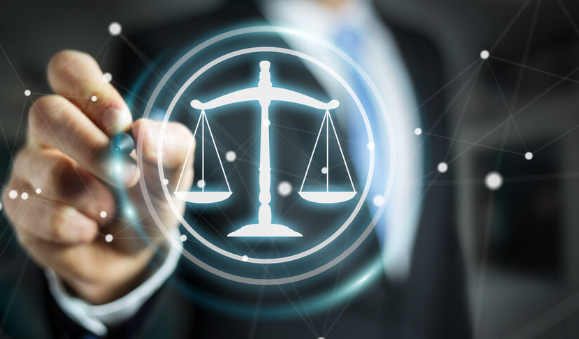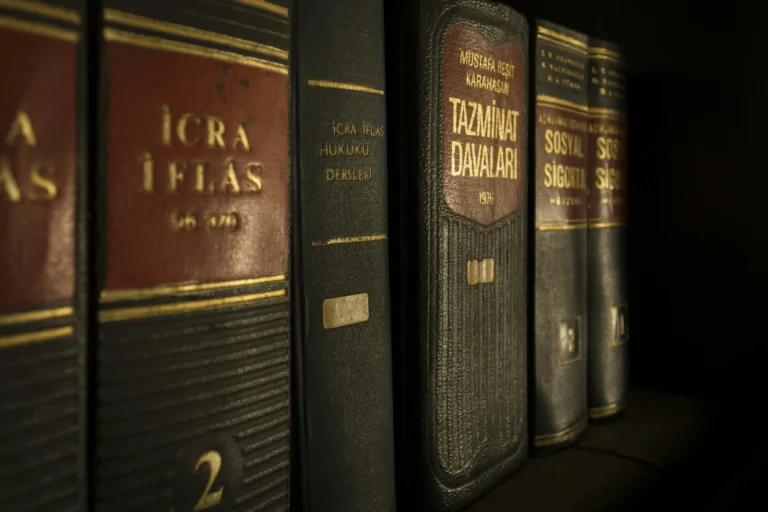The Emerging Role of Big Data in Criminal Law: Revolutionizing Justice or Risking Rights?

In an era where digital footprints are as common as physical ones, the realm of criminal law is undergoing a seismic shift. The advent of big data, characterized by massive datasets and sophisticated analytics, promises a new dawn in legal proceedings. Yet, as this technological tide turns, it brings with it a wave of ethical and privacy concerns that challenge the very fabric of justice.
Contents
The Power of Big Data in Crime Solving
The capabilities of big data in criminal law are nothing short of revolutionary. Law enforcement agencies now harness vast quantities of data—from CCTV footage and social media posts to GPS tracking and cell phone records—to solve crimes with unprecedented precision. This digital arsenal allows for the collation and analysis of information at a scale and speed previously unimaginable, offering a more comprehensive view of criminal activities.
One notable example is predictive policing, where data analytics is used to forecast criminal hotspots, thereby enabling proactive law enforcement. Similarly, in investigations, big data can unveil hidden connections between individuals, locations, and events, piecing together puzzles that might otherwise remain unsolved.
Enhancing Fairness and Efficiency in the Legal System
Beyond crime-solving, big data holds the promise of enhancing fairness and efficiency in the legal system. Data-driven tools can assist in evidence analysis, helping to sift through mountains of information to find relevant pieces. This can expedite trial preparations, reduce delays, and potentially uncover evidence that human analysis might overlook.
In sentencing, data analytics could aid in assessing the likelihood of reoffending, thus informing more nuanced sentencing decisions. Theoretically, this could contribute to a more equitable justice system, where decisions are based on comprehensive data rather than subjective judgments.
The Flip Side: Privacy Concerns and the Risk of Bias
However, the integration of big data in criminal law is not without its pitfalls. Chief among these is the concern for individual privacy. The extensive collection and analysis of personal data raise questions about consent and the boundary between public interest and individual rights. In the wrong hands, such data can lead to unwarranted surveillance and erosion of civil liberties.
Moreover, the risk of bias in data-driven systems cannot be overstated. Algorithms, reflective of the data fed into them, can perpetuate existing prejudices. For instance, if historical data reflects biased policing practices, predictive models might disproportionately target certain communities, perpetuating cycles of discrimination.
Read more “Mobile Accessibility in Spend Management Platforms”
As we consider the implications of big data in criminal law, the experience of a local lawyer such as a criminal lawyer Mississauga becomes crucial. These legal professionals stand at the forefront of balancing technological advancements with the preservation of rights. The intersection of big data and criminal law, thus, is a tightrope walk between technological advancement and ethical responsibility. As legal systems increasingly adopt data-driven approaches, it becomes imperative to establish robust checks and balances. Transparency in how data is used, stringent privacy safeguards, and ongoing scrutiny for bias are essential to ensure that the march of technology aligns with the principles of justice and equity.
In conclusion, while big data in criminal law heralds a future of enhanced crime detection and legal efficiency, it also poses significant challenges to privacy and fairness. Navigating this landscape requires a careful balance, ensuring that the pursuit of justice does not inadvertently trample upon the rights it seeks to protect.





